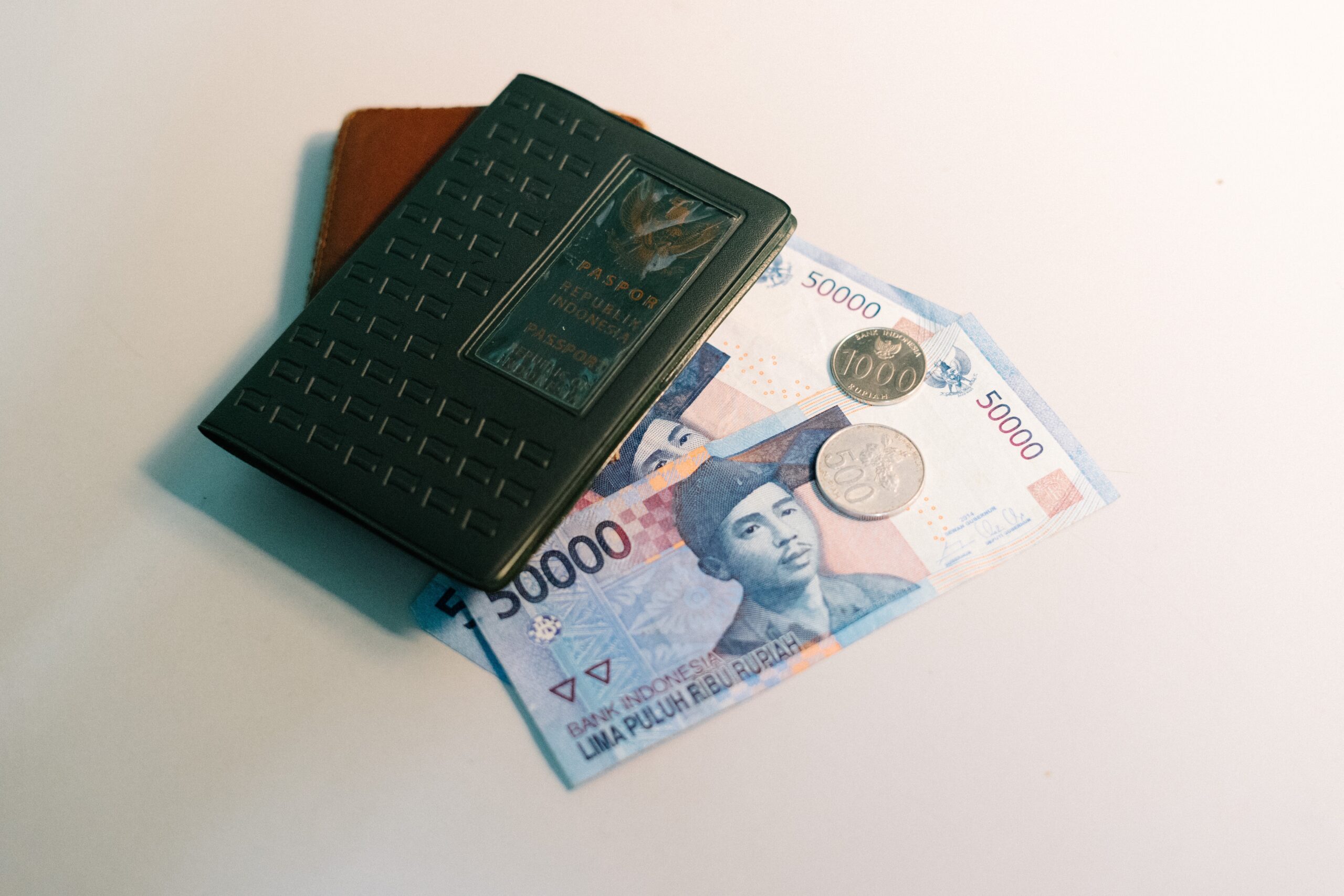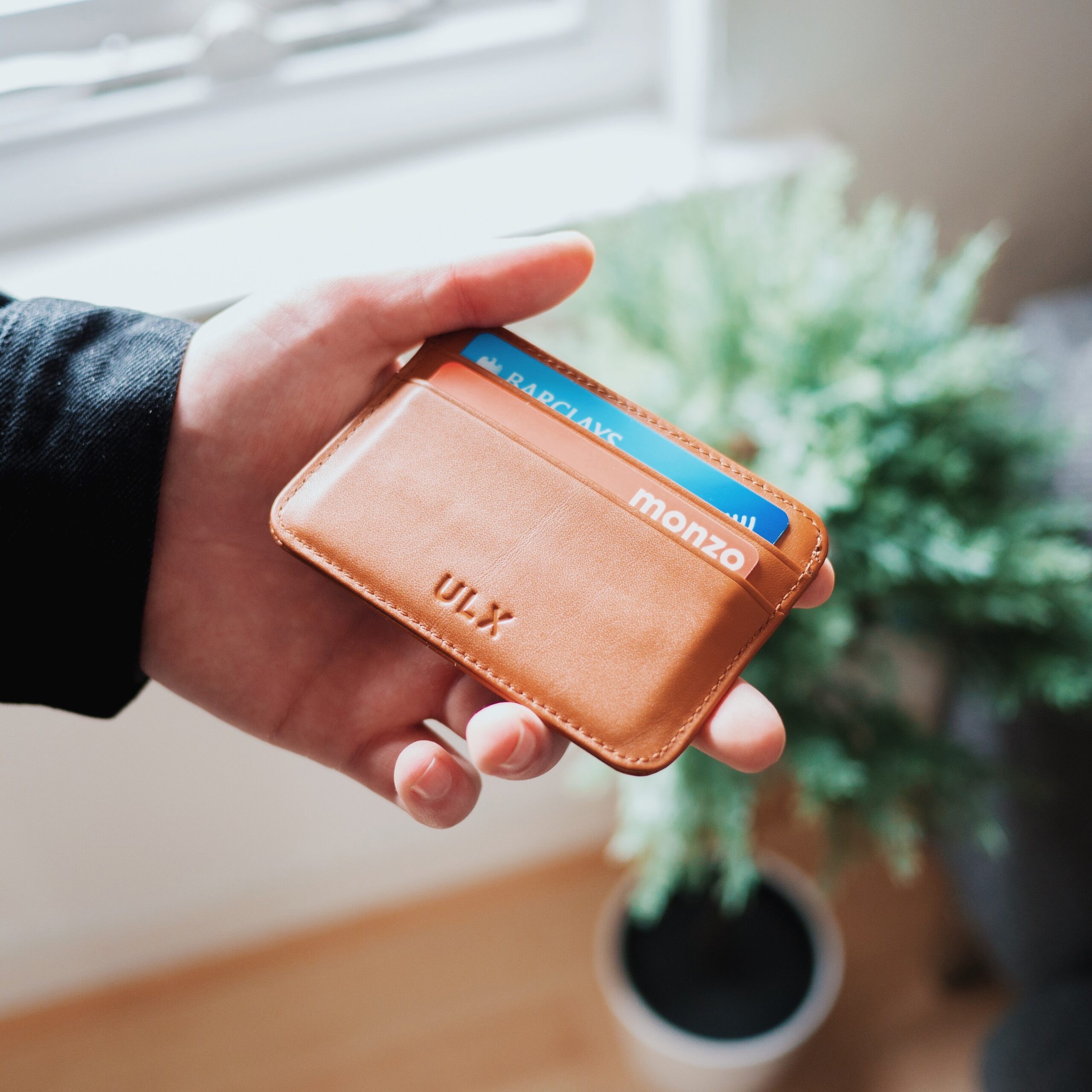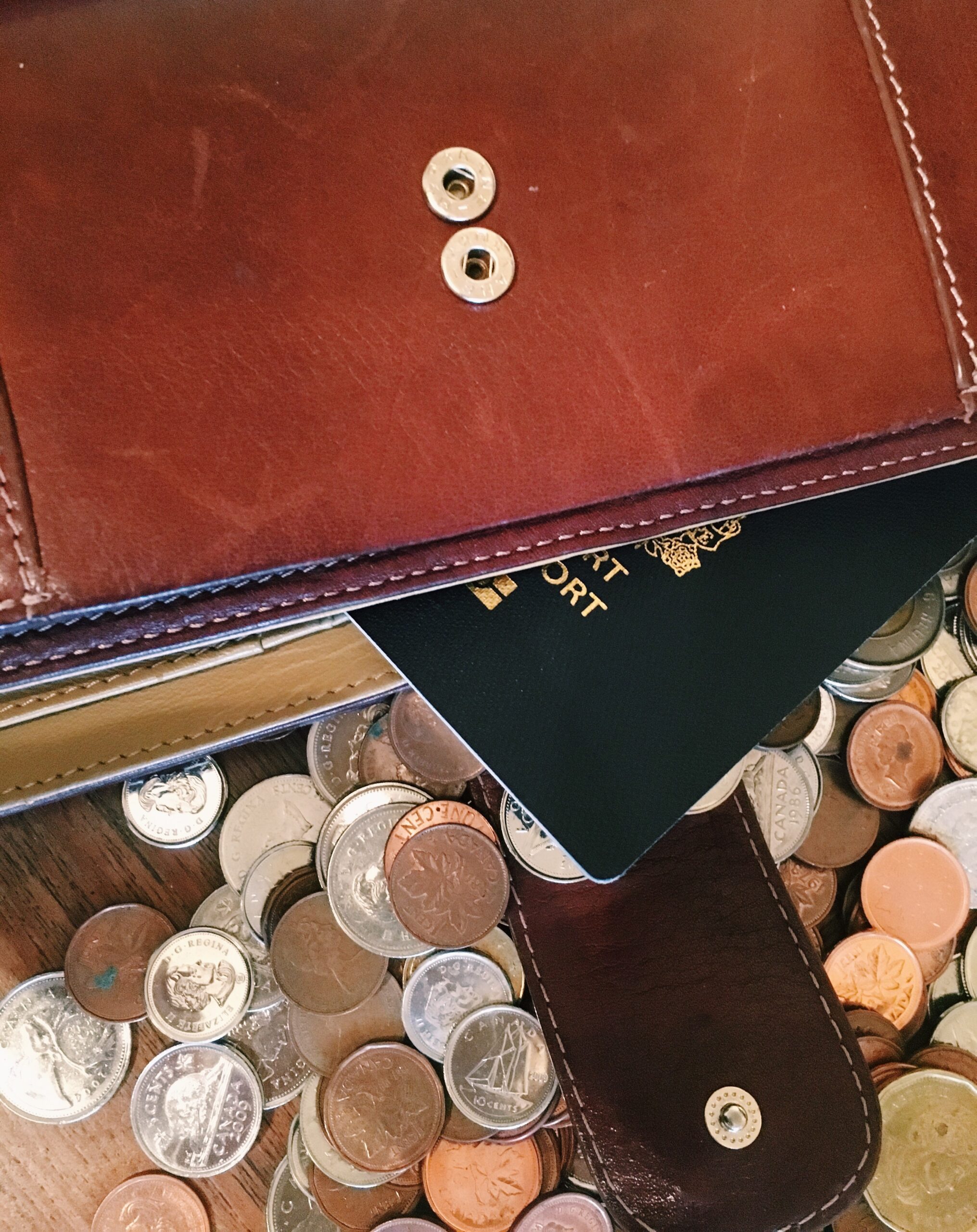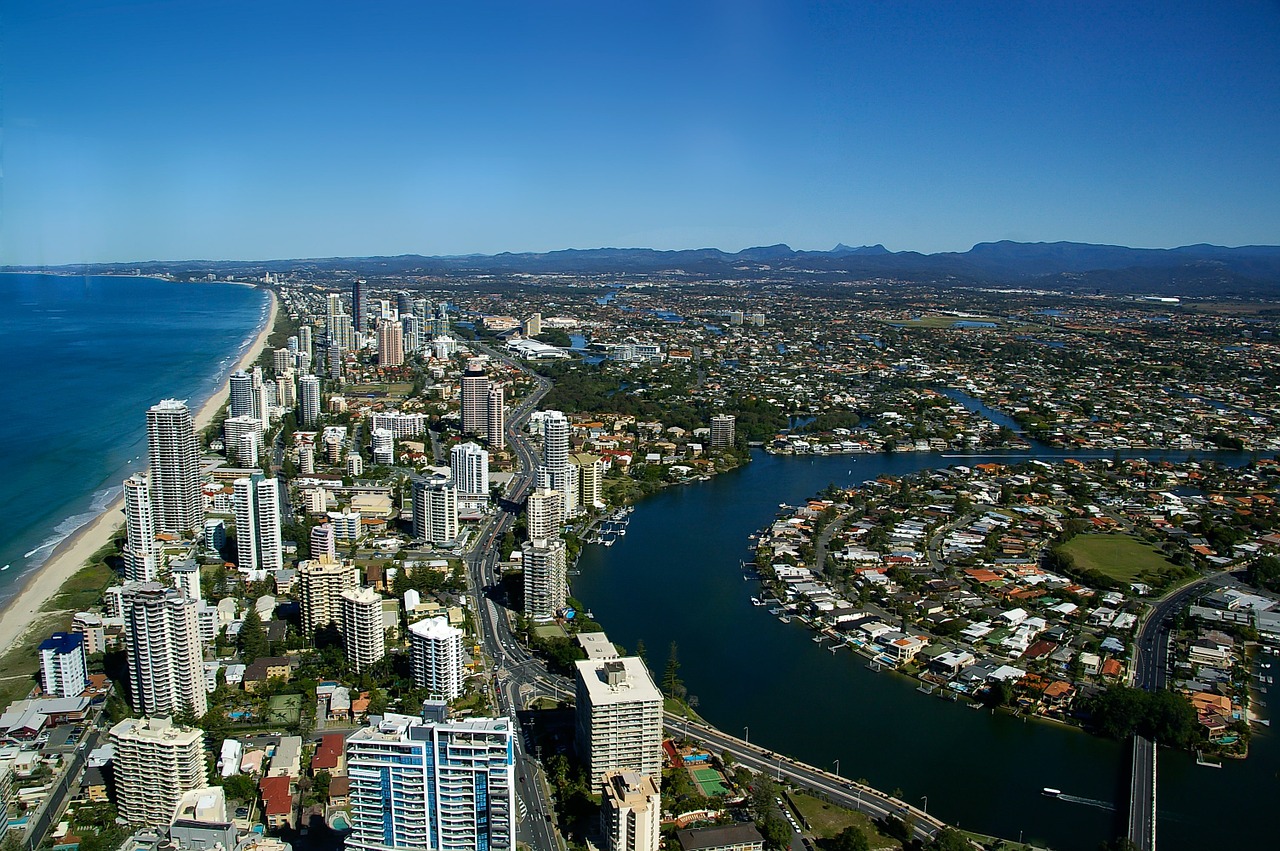When you’re planning a trip, budgeting, money and how you’ll access it are important things to consider. Are you going to withdraw cash before you go, and use that to pay for things of your trip? Or are you just going to take a debit card and use ATM’s along the way? What's the best way to pay overseas?
Between the four main payment methods – credit card, debit card, travel money cards and cash – there are plenty of ways to pay for your holiday. But it’s not always easiest to choose which is best suited to your needs. There are benefits and downfalls of each and choosing which method to go with depends on your needs and budget. Here are the pros and cons of each to help you decide: credit card, debit card, travel money card or cash.

Travel money card
Pros:
Low risk – if your card is stolen, you’ll only lose the amount of money loaded on it, not your entire savings.
Set exchange rate – the current exchange rate when you first load money onto your card is what it will remain for those funds. You won’t have to worry about the dollar fluctuating, and it makes it easier to accurately budget for your trip.
Ability to load multiple currencies – if you’re travelling to different countries, you can load money in different currencies on a travel card. This will ultimately save you money, as spending in the local currency means you’re not paying conversion fees every time you make a transaction.
You don't need to carry cash – for most transactions, having a travel card loaded with the local currency is all you need. You won’t have to carry large amounts of cash on you, which reduces the effect of any encounters with pickpockets.
Cons:
Reload delays – if you need to reload money onto your card, there can be a 3-day wait while these funds are processed. You could end up in trouble if you run out of money before these new funds come through.
Added fees – there can be some extra costs associated with travel cards which you might not consider at first. These include issue fees, load and reload fees, fees when cashing out the remaining balance, and ATM fees.
Set exchange rate – while this is predominately a benefit, locking in an exchange rate when you load funds means you can’t take advantage of a sudden drop in the dollar. The set exchange rate does protect you from any exchange rate increases, however.

Debit card
Pros:
Cheaper ATM access – it’s usually cheaper to withdraw money from an overseas ATM with a debit card. Banks like Citibank, which are part of the international ATM network offer low or even no withdrawal fees.
More control – with a debit card, you’re only accessing funds that you have, rather than ‘borrowing’ funds as with a credit card. Since you are accessing your own money, you more are in control of your spending and budget.
Cons:
Risk of theft/fraud – if your card does get stolen or you’re the victim of fraud, you’ll probably have to cancel your card and wait for a new one while the dispute is resolved. This can take some time so it can leave you without money while things are sorted out. It’s a good idea to have a backup in case this happens – whether than be an emergency credit card or alternate debit card.
You can also avoid having all your travel savings stolen by transferring set amounts onto your debit card as you go. Think about transferring weekly instalments of $200 or so, so that if your card does get stolen, you only lose the balance on there, not your entire savings.
 Credit Card
Credit Card
Pros:
Access to more funds – you can use funds up to your credit limit, which is useful for large bookings like hotel payment or car hire. It’s also a good back up in emergencies.
Widely accepted – most places around the world will accept credit cards to pay for accommodation, transport and other expenses.
Cons:
Overspending – because you have instant access to funds up to your credit limit, it can be tempting to splurge and overspend. Remember that you’ll need to eventually pay back everything you charge to your credit card, so don’t go overboard. You also need to take into account interest rates that will be incurred as you pay off your card.
 Cash
Cash
Pros:
Easily set a spending limit – if you’re just carrying the amount of cash you can spend of the day, it’s easy to stick to your budget.
No withdrawal or conversion fees – if you’re taking out the entire amount needed for your trip before travelling, the only fees you’ll have to worry about are those incurred by this initial transaction. Long the way, you won't have to worry about withdrawal or conversion fees in your destination.
Low exchange rate – if you’re planning to exchange ash into local currencies as you go, this can work out to have cheaper rates than if you are withdrawing money using a debit or travel card.
Convenience - everywhere accepts cash. You can use it to pay from hotel rooms to souvenirs or snacks on the beach. You also don’t need to spend your time looking for bans or ATM’s to withdraw funds.
Cons:
Security risk – carrying large amounts, or indeed any amount, of cash on you can be risky. If it's stolen, there’s no way of getting it replaced. Once it’s gone it’s gone.
You can only spend what you’ve brought – if you’re relying on cash for the entirety of your holiday, you may be in trouble if you run out. An easy fix for this is to take a debit/credit or travel card as well, which you can use if needed.

Some more tips
Don’t just stick to one payment method! This can mean you run into real trouble if you can’t access your funds or your card/cash is stolen.
It’s a good idea, if you’re travelling with a travel money card, to have a debit or credit card that you can use as a backup. If funds are taking a while to appear in your travel card account, you can use this backup to pay when needed.
If you’re going down the debit card route, think about only transferring the amount you need to your card, and adding as you go. This way, you don’t lose everything if you’re a victim of fraud or have your card stolen. Having a credit card as back up can also help out in a pinch.
And for cash? To be honest, withdrawing a huge amount of cash and only using that to pay off things on your trip isn’t the best idea. Carrying around large amounts of money is risky, even if it’s locked away in your suitcase the majority of the time. Consider just withdrawing a few hundred dollars to last you the first few days, then use a card, be it credit, debit or travel money, to withdraw cash along the way. Taking out larger amounts is a good idea if there are ATM fees, but keep in mind that if this is stolen, it’s gone for good.









